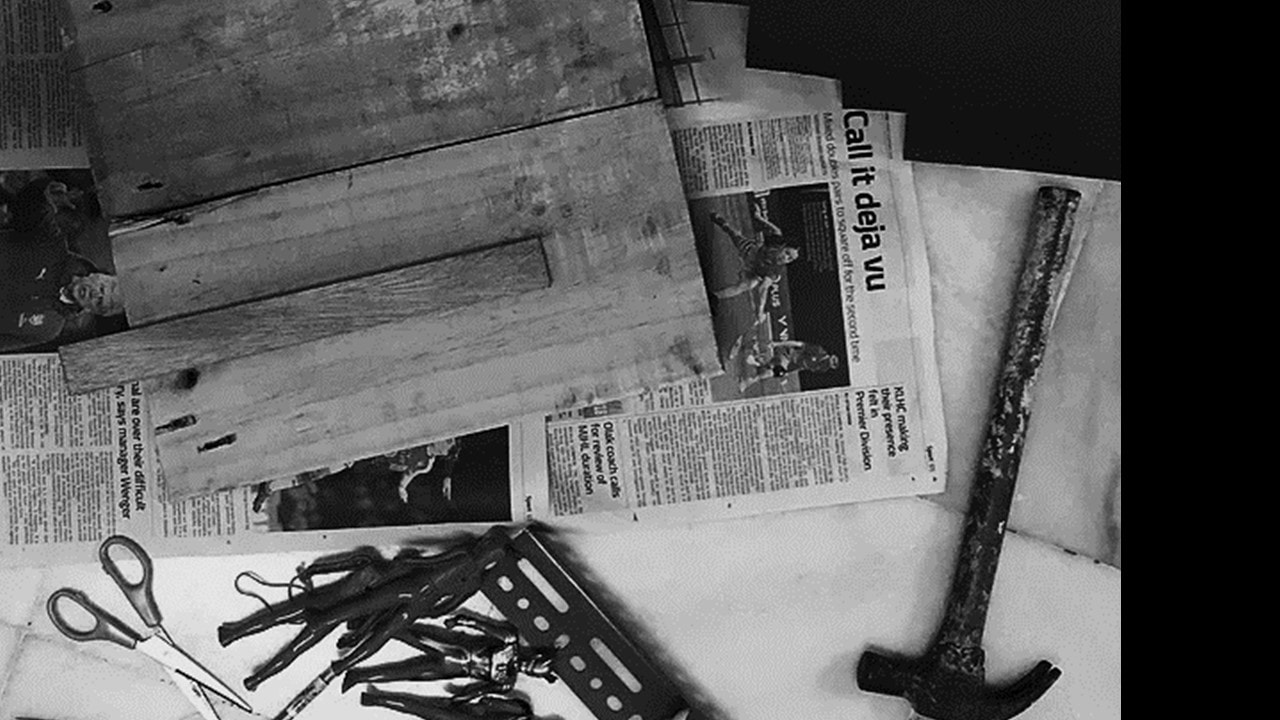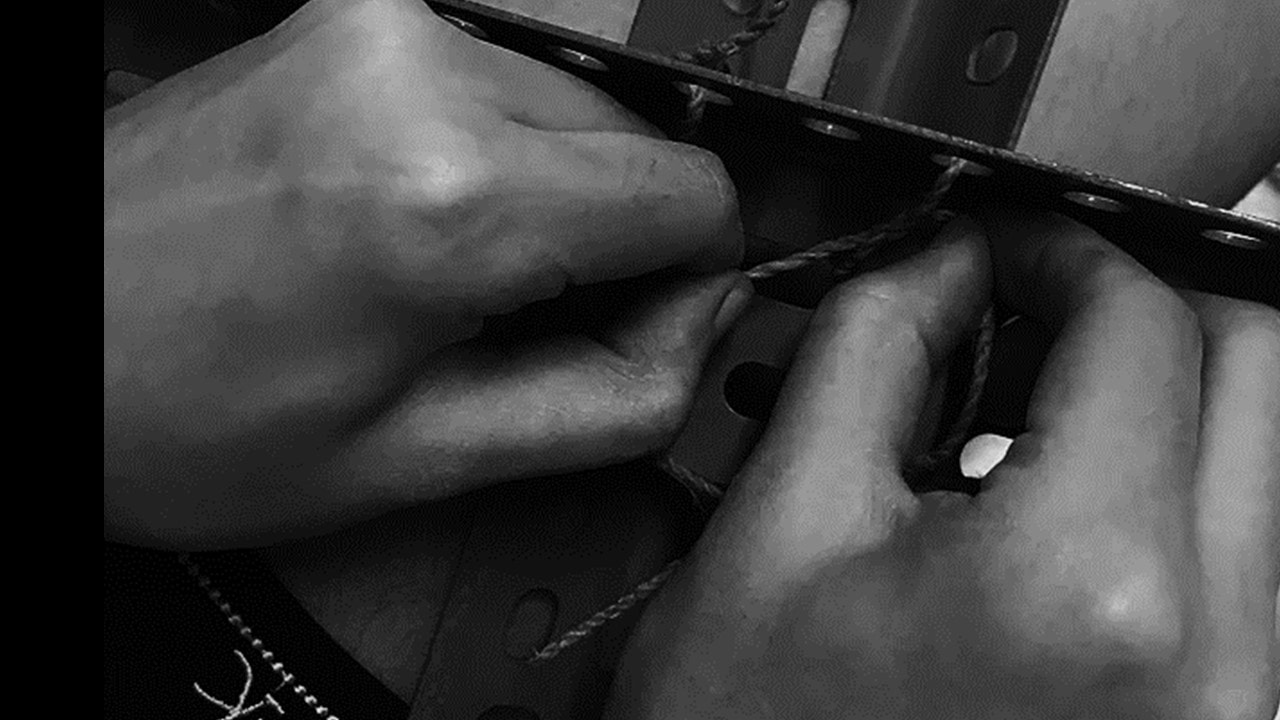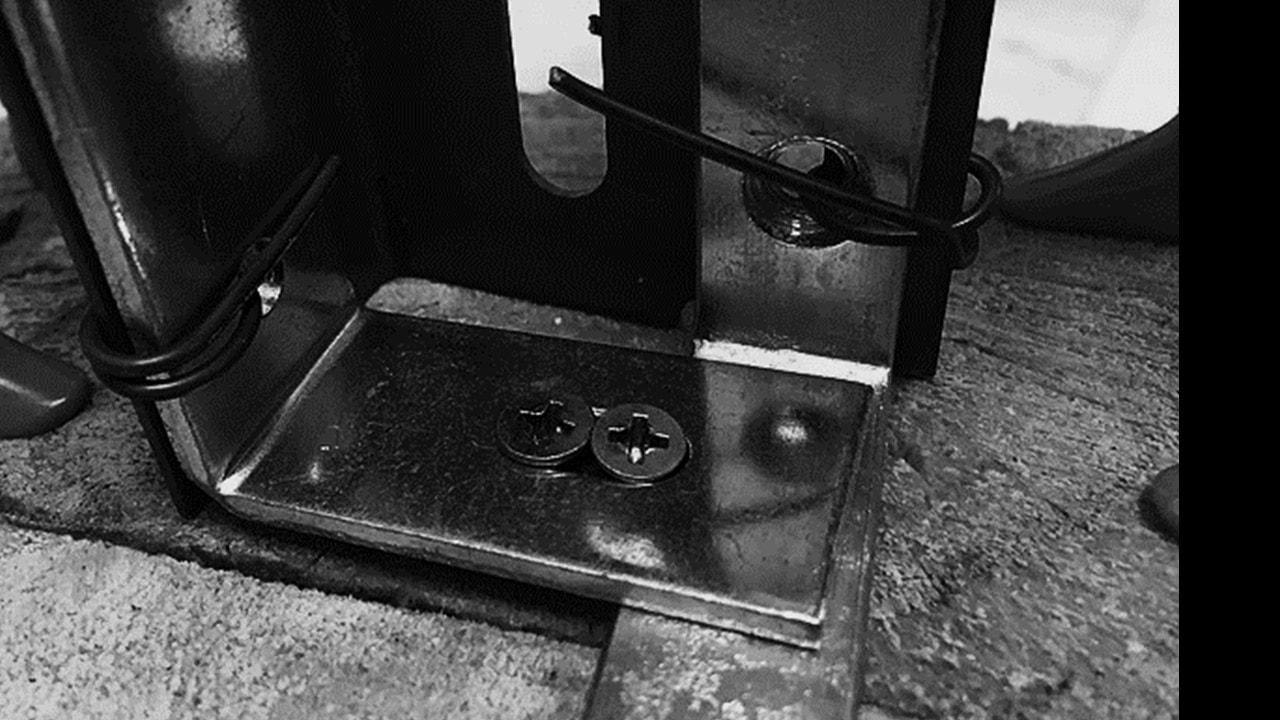Act 15: CROSS OF COMPLEXITY AND CONTRADICTION
According to Norma Miraflor and Ian Ward from the book Faces of Courage, Sybil Kathigasu’s life is more than just a tale of remarkable courage and unshakable faith. As many would idolize her heroism more than anything in the story, on the contrary, an attempt to portray her emotions and struggles behind all of the hardships she went through from a third party point of view, to interpret that she is a human as the rest of us, who grow tired, who love and make mistakes would further substitute a general tale of heroism into an atypical fiction.
This piece expresses the sentiment behind her vast capacity of endurance and determination as the savior of lost souls during the war while undertaking the most intense physical and mental torture by the Japanese. It provokes our acceptance of a feigned realities such as the technology and created atmosphere in Disneyland enables the visitors to feel more reality than nature can. In this context, the Neo-Malay dominant “Ketuanan” Malaysia desperate to forget what faith contain within her that made of what she was, that her story has been left out of history textbooks of Malaysia, even if Google dedicated a doodle to her on her 117th birthday 2 years ago.
1942, streets in Ipoh fell into chaos and confusion after the outbreak of war, which marked the beginning of Sybil Kathigasu’s tale as the heroine of Papan. With suspicion everywhere, Sybil’s aid to the guerrillas was risky and dangerous. However, Sybil knew what she must and wanted to do. Weeks of interrogation for Sybil was plainly a collection of nightmares. She was punched, slapped in the face and beaten with sticks and heavy rattan canes. Despite being severely beaten and forced to watch her daughter being strapped by a rope from a tree and threatened to being burnt alive, she refused to utter anything. Her perseverance like a strengthened steel, before which difficulties disappear and obstacles vanish into air, yet it brings her traumatic experiences to a point where death would be a welcome relief after weeks of torments. It was possible for Sybil to endure the physical hardships because of her faith in Almighty God, her source of strength.
The simulacrum of the crucifixion of the Christ, simulating herself in a wooden human mannequin, as a nurse, mother, communist sympathizer, a war criminal and later a much forgotten heroine of the British Empire, sacrificing herself to clean the sins of her families and the people of Papan. At the bayonets of Japanese soldiers, which take the impersonation of ultra-man figurines, undeniable a Japanese product.
This installation aims to conclude her pain towards the realization of the one - Noia, the undifferentiated ego in one self, the melting pot that wraps both the good and not good together, to enlighten the real from medium to medium. Deconstructing the narration, Sybil Kathigasu’s story is more than a historical tale, it’s an encounter of sacrifices, services and pains that built up an egocentric heroism. This installation could be potentially set as a chapel of cross in the middle of the lake that is surrounded by trees, as a testament of serenity with tragic history for Papan, Perak.
This piece expresses the sentiment behind her vast capacity of endurance and determination as the savior of lost souls during the war while undertaking the most intense physical and mental torture by the Japanese. It provokes our acceptance of a feigned realities such as the technology and created atmosphere in Disneyland enables the visitors to feel more reality than nature can. In this context, the Neo-Malay dominant “Ketuanan” Malaysia desperate to forget what faith contain within her that made of what she was, that her story has been left out of history textbooks of Malaysia, even if Google dedicated a doodle to her on her 117th birthday 2 years ago.
1942, streets in Ipoh fell into chaos and confusion after the outbreak of war, which marked the beginning of Sybil Kathigasu’s tale as the heroine of Papan. With suspicion everywhere, Sybil’s aid to the guerrillas was risky and dangerous. However, Sybil knew what she must and wanted to do. Weeks of interrogation for Sybil was plainly a collection of nightmares. She was punched, slapped in the face and beaten with sticks and heavy rattan canes. Despite being severely beaten and forced to watch her daughter being strapped by a rope from a tree and threatened to being burnt alive, she refused to utter anything. Her perseverance like a strengthened steel, before which difficulties disappear and obstacles vanish into air, yet it brings her traumatic experiences to a point where death would be a welcome relief after weeks of torments. It was possible for Sybil to endure the physical hardships because of her faith in Almighty God, her source of strength.
The simulacrum of the crucifixion of the Christ, simulating herself in a wooden human mannequin, as a nurse, mother, communist sympathizer, a war criminal and later a much forgotten heroine of the British Empire, sacrificing herself to clean the sins of her families and the people of Papan. At the bayonets of Japanese soldiers, which take the impersonation of ultra-man figurines, undeniable a Japanese product.
This installation aims to conclude her pain towards the realization of the one - Noia, the undifferentiated ego in one self, the melting pot that wraps both the good and not good together, to enlighten the real from medium to medium. Deconstructing the narration, Sybil Kathigasu’s story is more than a historical tale, it’s an encounter of sacrifices, services and pains that built up an egocentric heroism. This installation could be potentially set as a chapel of cross in the middle of the lake that is surrounded by trees, as a testament of serenity with tragic history for Papan, Perak.







